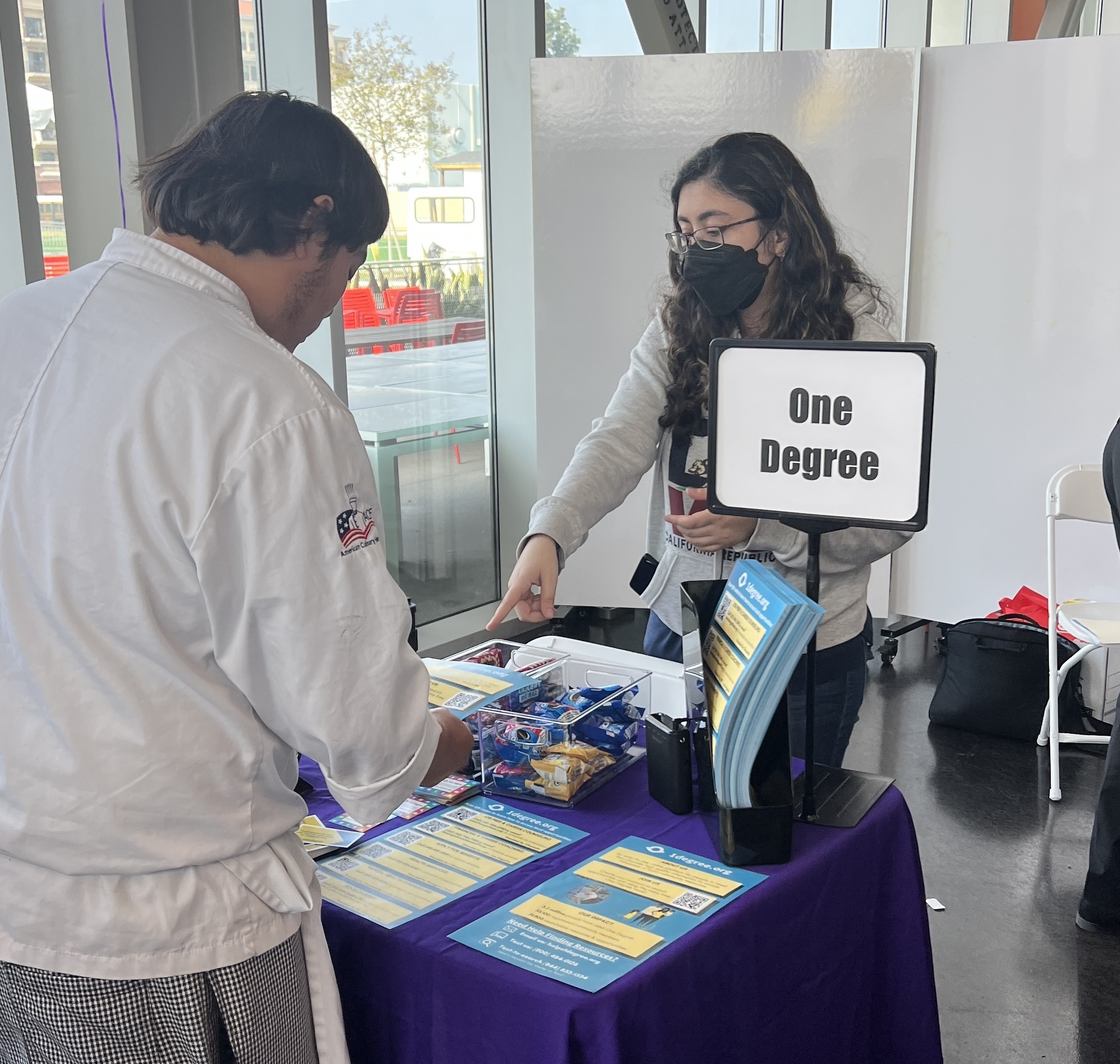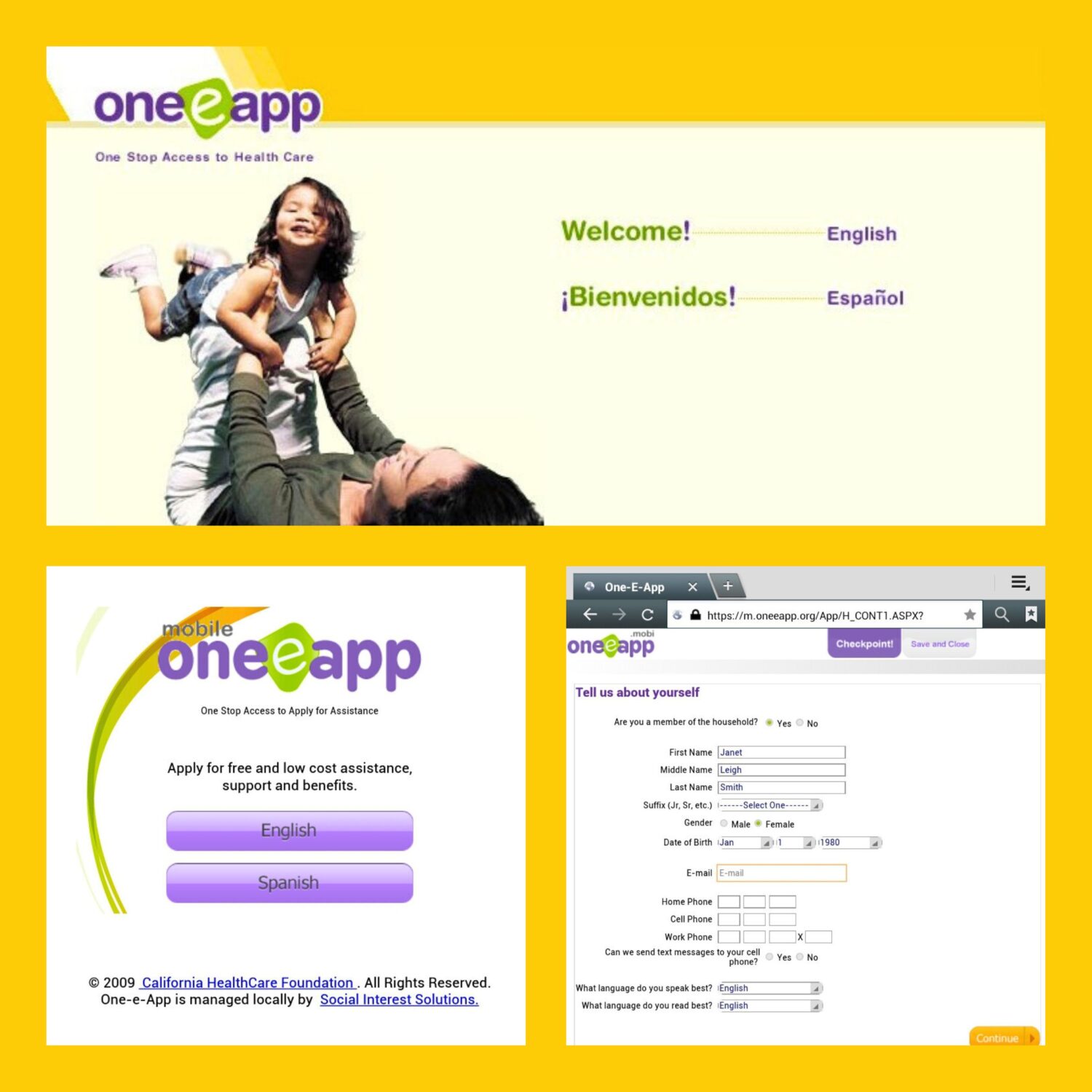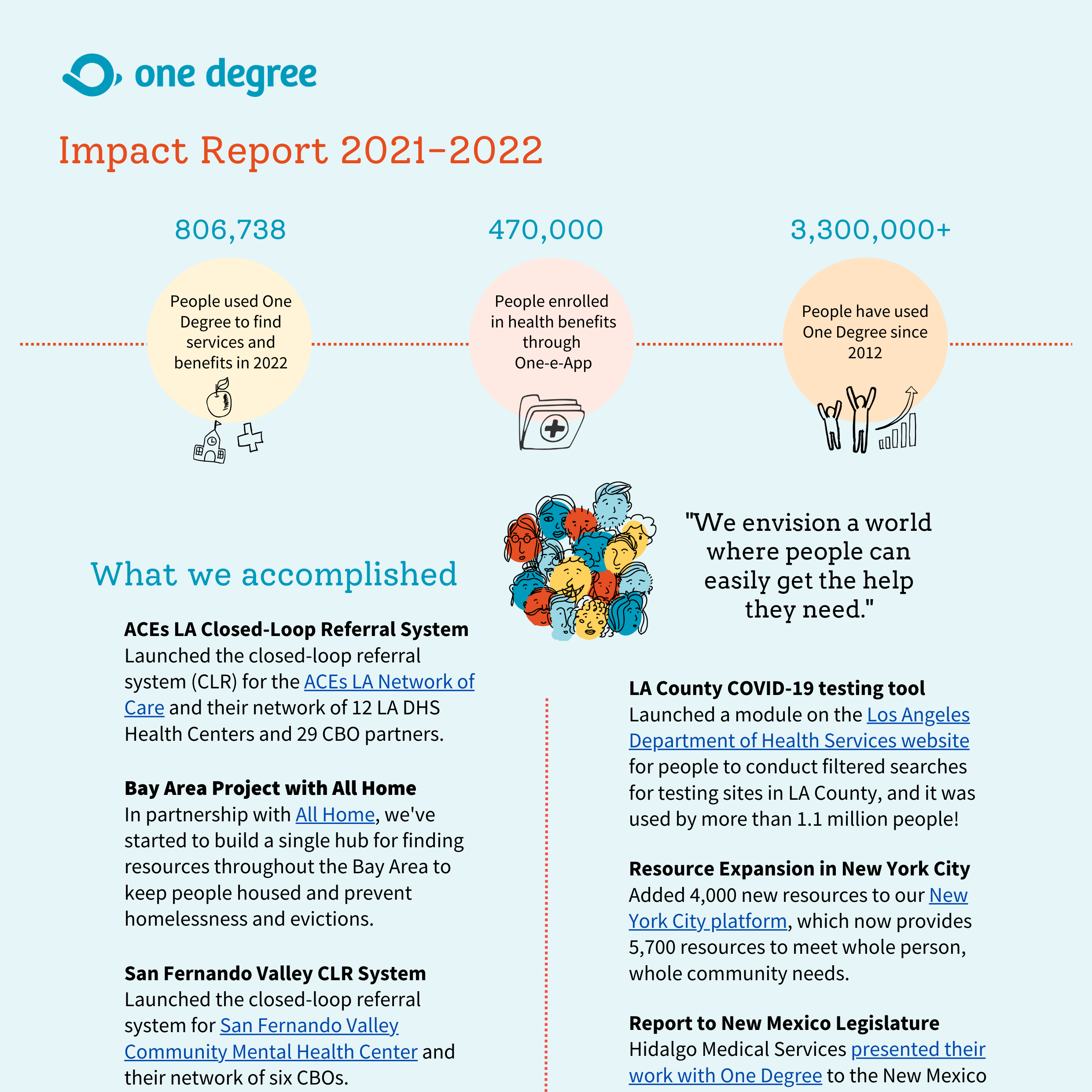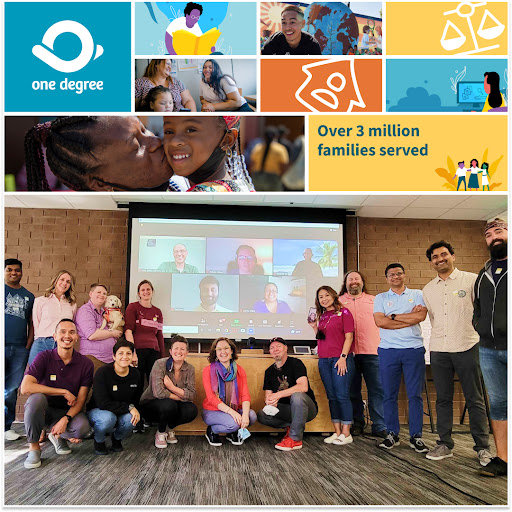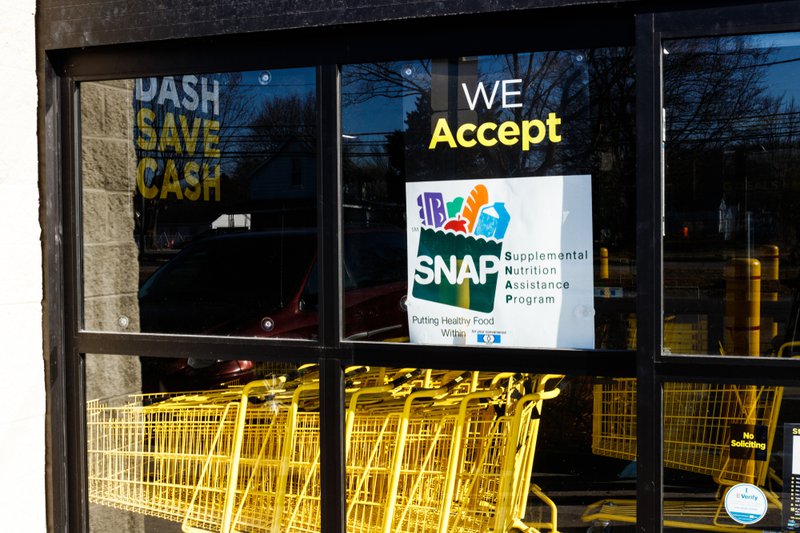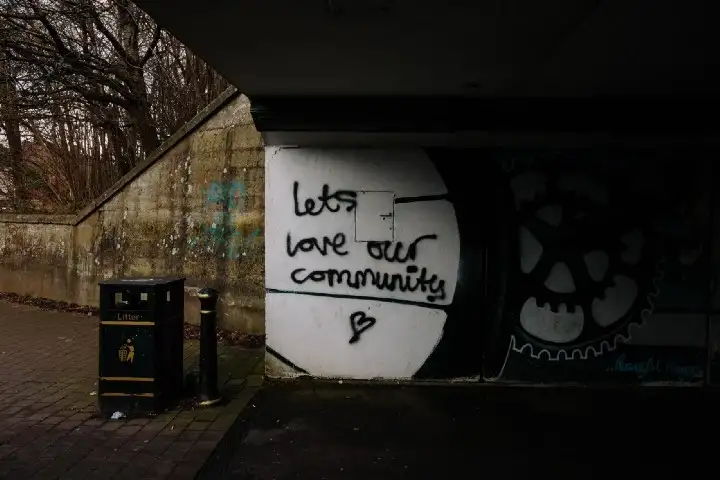Every so often, I get invited to speak on panels about our work, and I usually find myself being the odd person out. The panelists that I’m speaking alongside are usually operating from a completely different context than our world at Alluma, where we are used to working in partnership with our communities. I recently joined a panel organized by the Los Angeles Social Determinants of Health (SDOH) coalition, and, once again, had this same experience. My co-panelists were the other main “vendors” of social referral tools in Los Angeles: founders and leaders at Unite Us, Aunt Bertha, and NowPow.
Reflecting back on the experience, I wanted to take some time to share my thoughts, paint the picture, and create the context that is necessary if we, as a community, intend to address social determinants of health. In my opinion, social determinants of health are really just coded language for addressing race equity. Here are four lessons from my experience.
1. For-profit companies are not incentivized to collaborate, and this leads to failure
When I got the briefing for this event, I learned that the group wanted to dig into the pain points that health care systems are facing with the implementations of referral tools including: interoperability, collaboration among vendors, data standardization, and roles and responsibilities between vendors and clients.
While I think these issues are relevant, I challenged the group to see the bigger picture: Are we building and perpetuating systems of oppression that continue to exploit communities of color, immigrant communities, and low-income communities?
I explained that healthcare institutions are using broken procurement processes to invest in technology systems that have major impacts on the community without using an equity lens. The for-profit companies that they are investing millions of dollars in are also built on a corporate structure that prioritizes profits for shareholders over long-term improvement and the well-being of the community.
Ultimately, the profit motive means the system doesn’t work for those who need it. There’s fragmentation in the space as demonstrated by the very panel itself, where four different social referral platforms are operating within multiple systems in Los Angeles County. There’s fragmentation among community-based organizations (CBOs) — and then you add the layer of confusion with health systems asking those CBOs to use multiple referral platforms (without adequate incentives).
This system is failing because the for-profit companies in this space do not have the incentive to collaborate and build a better system together. In fact, their corporate structure incentivizes them to NOT collaborate with others, which is why, after almost a decade of working in this space, none of these companies can point to meaningful collaborations amongst their peers. While we continue to be invited to speak on panels, the for-profit companies continue spouting off the same scripted marketing language.
My main point during this panel was that in order to truly build equitable solutions that create health and well-being for our communities, we need to intentionally center our work on racial equity, not on profits. Centering the work on race equity also means building not just “for people” but also with and by the people, who may be open to screening for social needs but have no expectation that a provider will solve their social needs problems.
2. The dominant white lens means these companies completely miss the point
Meanwhile, we’re all still going through a pandemic that completely upended the healthcare industry, killed over 500,000 people, and disproportionately killed black and brown people, and Filipino-American nurses.
Which is why I do not have the patience to stand by and listen to empty promises and meaningless marketing jargon from companies that talk about their work as if it’s just another day at the office. For me, there’s a real, visceral, personal urgency to fix this problem because my communities are being decimated and are dying. So when we have the CEOs and founders of the leading social referral platforms in a panel together and the primary themes put on the table are data standardization and interoperability, please excuse me while I wave my red flag. How can we go through an international crisis that is continuing to gut-punch the healthcare industry, yet still be unable to talk about the real problem of race equity? This is the white dominant lens at play.
3. These companies profit by taking advantage of misconceptions
The companies that are exploiting the market and profiting off of the pain of our communities are taking advantage of some misconceptions that emerge in the healthcare industry as a result of the white dominant lens.
Misconception #1: “The experts will create the right standards”
One thing that all of the panelists agreed on is that the technical problems are actually all solvable. All of the technical solutions we provide are similarly specced. Problems like standardization of terminology and developing interoperability have all been solved in other industries and can be done in ours.
However, there’s an assumption that the standards that a group of for-profit companies creates are going to be the right standards for our communities. And yet, big tech and social media companies show us what happens when you leave the development of standards to for-profit companies unchecked and without accountability. Just look at the problematic data and privacy concerns that social media companies are muddling through.
I would not and do not trust standards that this group of for-profit companies creates unless they specifically outline and pledge a commitment toward racial equity. Beyond that, we fall into a similar problem of trusting that because they’re “experts” in the field, they’ll know what’s best for our communities. In fact, our communities know what’s best for their communities. And any standards created that will affect the community should have involvement from community representatives.
Furthermore, I actually think that the conversation around data standardization and interoperability is a red herring. As I mentioned, we know this is a solvable problem, but the challenge is that there is no incentive in the for-profit corporate structure to invest time and resources in co-developing standards. For-profit companies simply don’t have the financial incentive to do this.
Meanwhile, the bigger challenge that we need to address is investing in nonprofit organizations that can act as intermediaries that incentivize and get the for-profit companies to agree to centering their work around race equity, rather than referrals.
Misconception #2: “There’s nothing I can do about it.”
I know that the work of systems change can feel daunting. If you’re one person working in one community benefits department, how do you dismantle white supremacy in the beast that is the healthcare industry?
But I reminded this audience of healthcare professionals that they have more power than they think they do. The coalition building they are doing together is a great start to grow more power. The fact that this loose coalition was created organically to think critically about major implementation challenges in the referrals platform space is a signal to me that the space is beginning to mature.
I recommended to the audience that we need to broaden the coalition to include nonprofit organizations that serve our community as well as the nonprofit and for-profit organizations that are delivering the referral platforms.
With a broad, multi-sector coalition, we can co-create shared goals that help us address the main challenges of race equity and health equity. And co-creating these goals with for-profit stakeholders will help hold them accountable to other metrics beyond profit for shareholders.
These kinds of collective impact models have been successfully implemented throughout the country in the education sector and are a viable option for the healthcare space.
Misconception #3: “Race equity and problems with capitalism are just philosophical musings.”
One of the panelists tried to dismiss my emphasis on race equity by saying that it was just “philosophical musing.” At first I was offended, but remembered that a common tactic of white supremacy is downplaying the voices of people of color. This is how they steamroll a group into their white dominant perspective.
I can understand that for this white male CEO, who started his company because he wanted to do good and make money while doing it, this particular context is challenging. It challenges the very incentive structure that has resources coming to his company. And I can see why someone would believe that my call to center our work on race equity was just “philosophical musing” if they have never been at the blunt end of the penalties of this incentive structure.
While it might sound like philosophical flight of fancy to some, questioning the systems that we’re operating under is a necessary step in creating justice for people who have been left out of care. Just like the criminal justice system is facing a reckoning with its inherently racist structures, the healthcare system has to be held accountable for its own part in perpetuating cycles of racial oppression. We see this every day during the pandemic as people of color are disproportionately getting sick and dying.
I mentioned on the panel that I’m not disparaging their for-profit companies, and this is not a judgment on capitalism. This is a reality check on us for relying on capitalism to save the day. Capitalism is not going to save us.
4. We must center our work on race equity
I think the audience and panelists are seeing that all of the panelists (Alluma included) share a lot of similarities in the technology that we’re providing. The key difference is that we, at Alluma, have a very clear community-based point of view on how to affect change. We must center our work on race equity. Otherwise we risk perpetuating the systems of oppression that are currently hurting our communities.
In contrast the for-profit companies also have a strong point of view on the work, and it’s a very strong perspective around scale, market domination, and profit for shareholders. We can’t wait for the for-profit vendors to provide the systems change that we need because they’re not incentivized to center their work on race equity. It’s up to us to create the counter-narrative, a perspective that is based on the voices of the people and communities that we serve.


